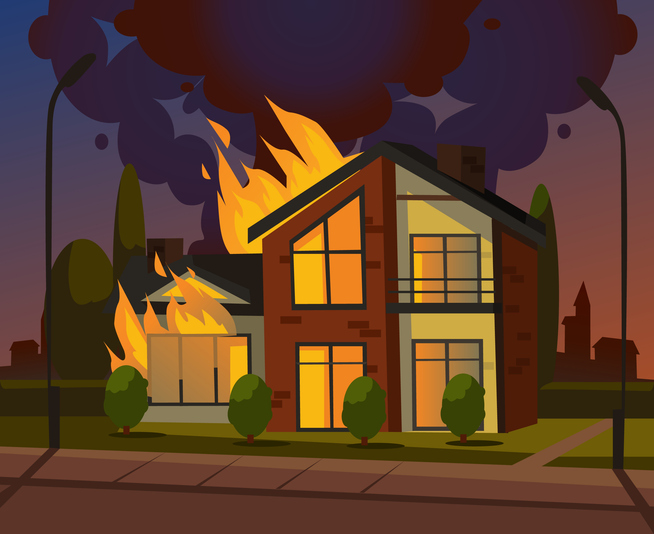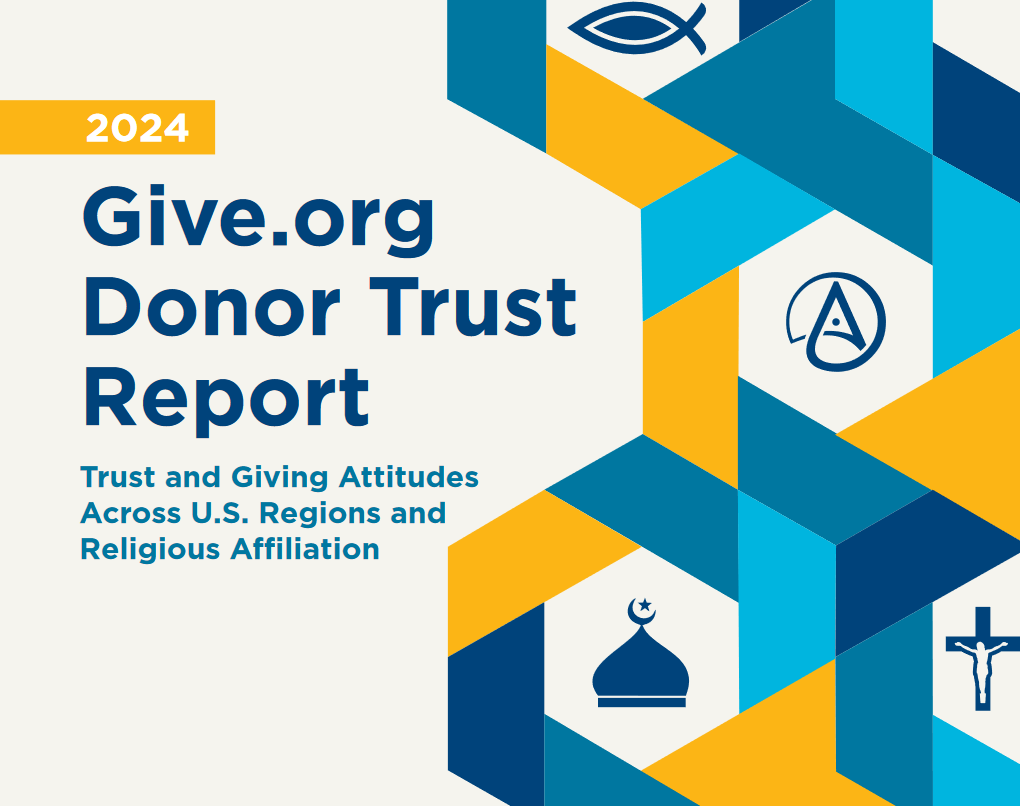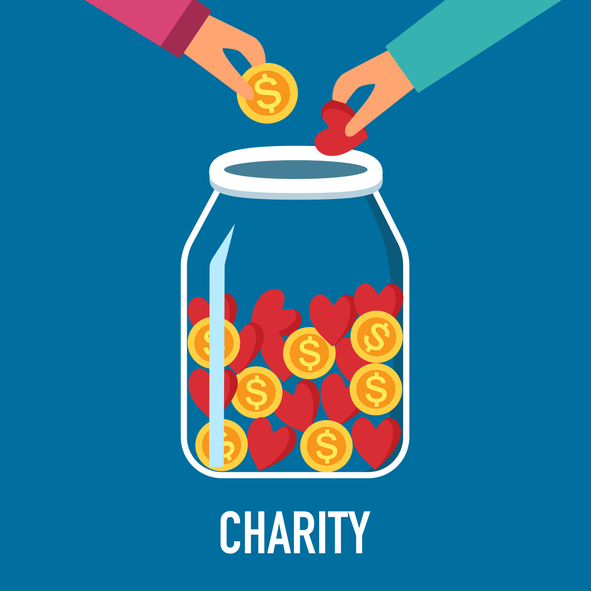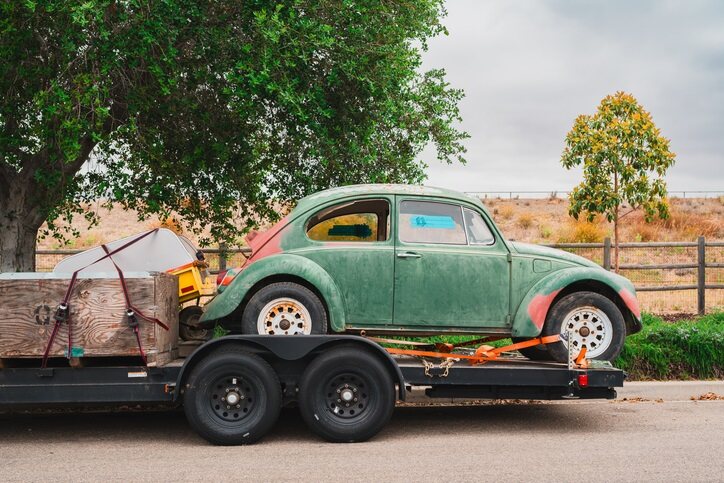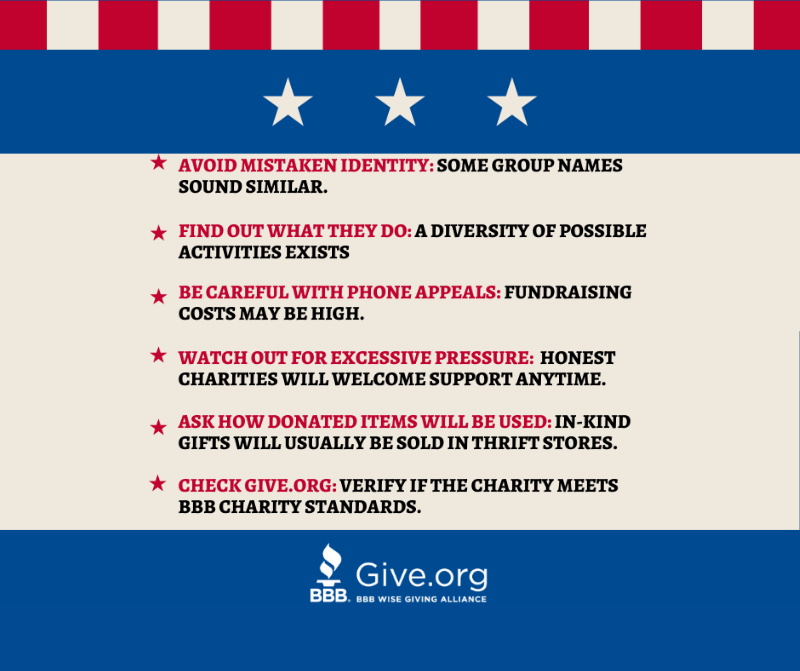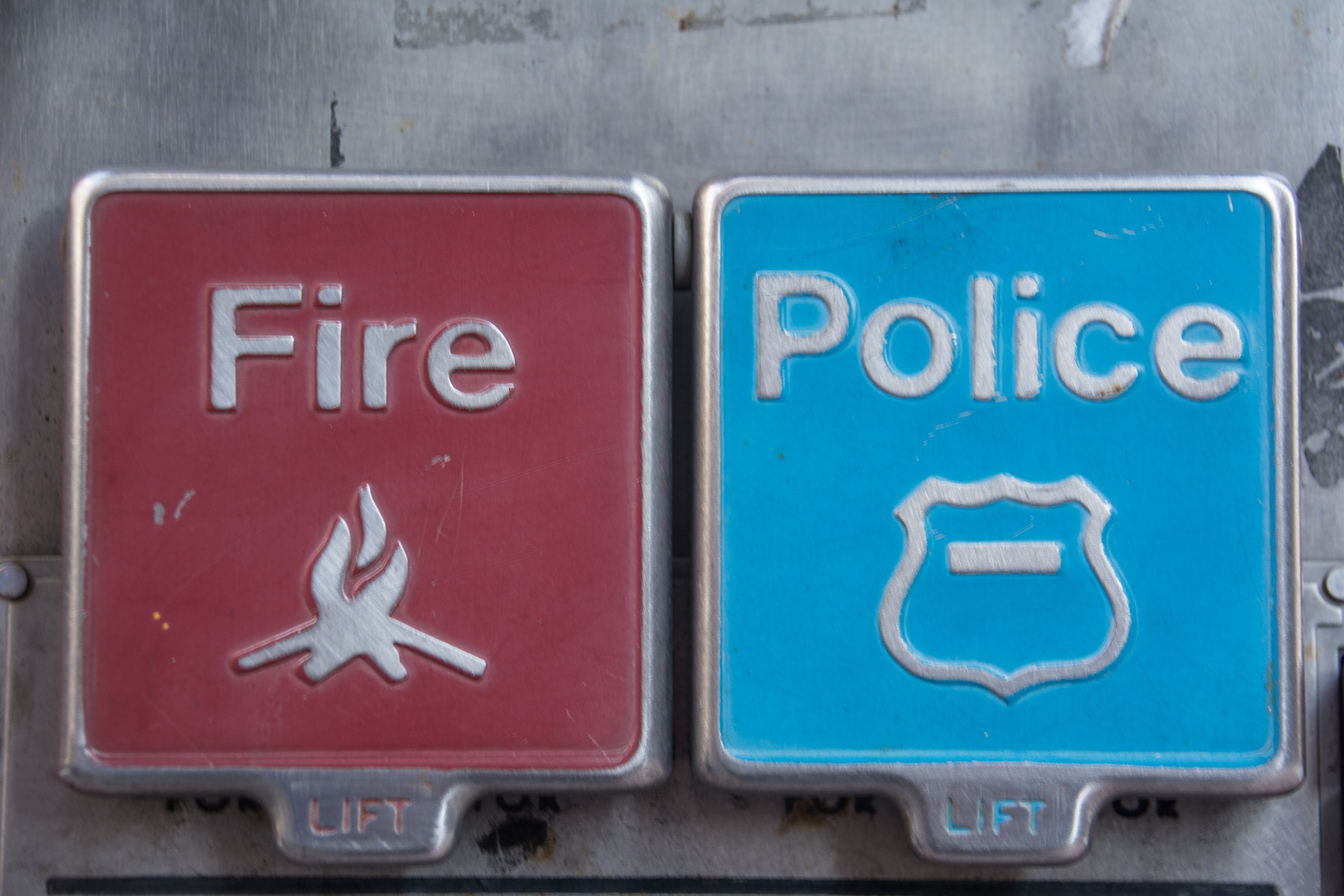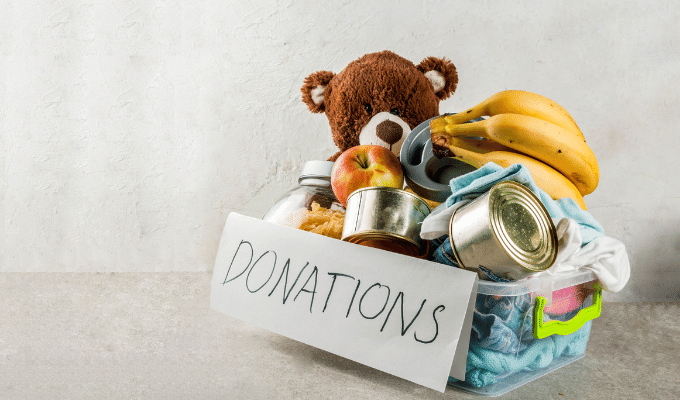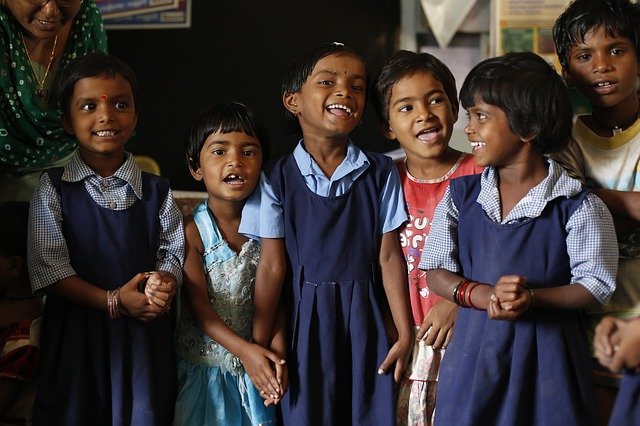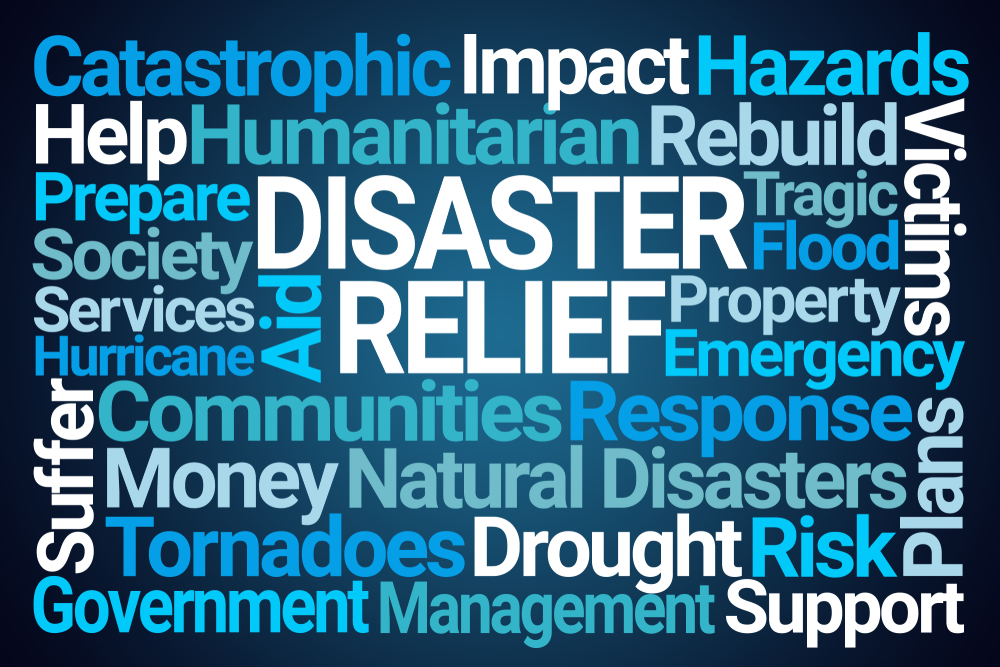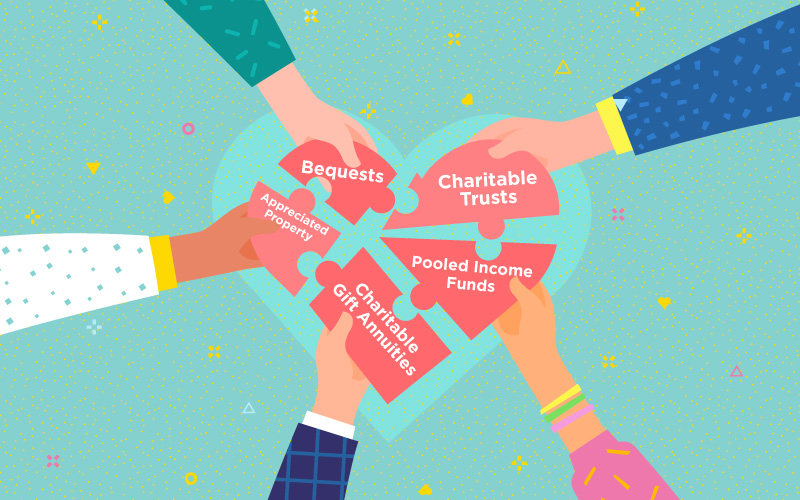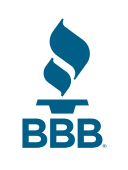Wise Giving Wednesday: Crowdfunding and Disaster Relief
As another follow up to the Give.org Donor Trust Report: Disaster Relief Donor Expectations, this blog post focuses on the crowdfunding questions explored in the report. (This study covered the results of an online survey of 2,100 adults in the United States and 68 national and local disaster relief charities and sought to explore donor expectations related to disaster relief giving.)
After a disaster, crowdfunding giving platforms frequently feature requests for financial assistance from individuals seeking to help themselves or disaster victims. 27% of survey respondents indicated that they contributed to an individual requesting help on a crowdfunding site as a result of a disaster. A higher percentage of males (29.9%) reported contributing to this type of crowdfunding, as compared to their female counterparts (24.8%). Not surprisingly, disaster relief crowdfunding contributions were also more frequent among younger donors:
Generation Z 42.6%
Millennials 41.6%
Generation X 23.4%
Baby Boomers 16.9%
Matures 10.5%
To most disaster relief charities, however, it is not clear that crowdfunding sites increase the total amount of funds donated to charitable organizations (as opposed to other forms of giving). Overall, only 14.8% of the charities surveyed believe that crowdfunding sites help increase the total amount of funds donated to charities. Most frequently, charities say they do not know whether crowdfunding sites help increase total donations to charities (50.0%) or say that such sites do not have a significant effect on charity donations (18.5%). The remaining 16.7% of charities claim crowdfunding sites divert donations from charities to other forms of giving. In addition, local charities that provide disaster relief services are even less likely to believe that crowdfunding helps increase the total amount of funds contributed to charities: 0% of the local charities compared to 36% of nationally-soliciting charities.
Given the continuing popularity of crowdfunding in the wake of disasters, relief organizations may want to monitor how their organization’s name is used on crowdfunding sites. For example, individuals may be claiming to collect funds on their behalf, without the organization’s permission. Also, it is possible that these postings may not accurately describe the organization’s activities.
While we recognize the value of different types of fundraising, including crowdfunding, we hope that donors will visit Give.org to verify if a charity meets the 20 BBB Standards for Charity Accountability. For tips on supporting crowdfunding postings made by individuals, donors can review the tips included in a previous blog.
Video of the Week
As part of our Building Trust Video Series, we are pleased to provide a video featuring an interview with Robert Hahn, CEO, End Hunger in Calvert County (a BBB Accredited Charity) an organization that works in partnership with faith communities, non-profit organizations, businesses, and citizens to provide groceries, self-sufficiency assessments, and referral services to families and individuals in need in Calvert County, Maryland.
Recent Reports
We are always working with charities to publish or update reports for donors. Visit Give.org or local BBBs to check out any charity before giving. Our recently evaluated charities include:
Finally, remember to let us know by going to give.org/charity-inquiry if you are interested in seeing a report on a charity not on the list and we will do our best to produce one.
H. Art Taylor, President & CEO
BBB Wise Giving Alliance


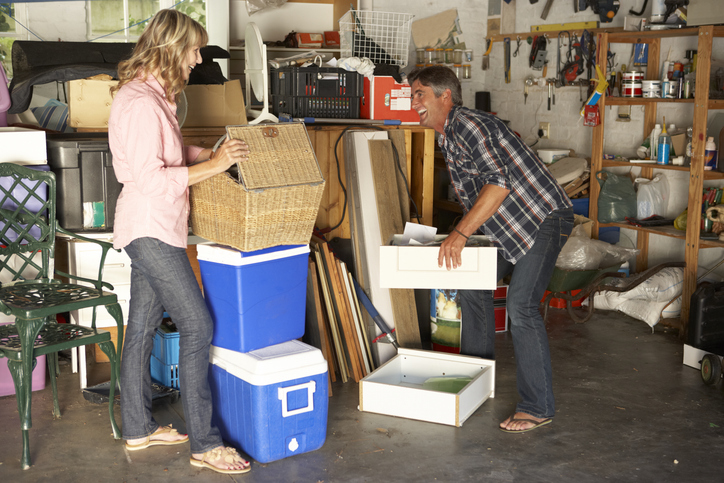
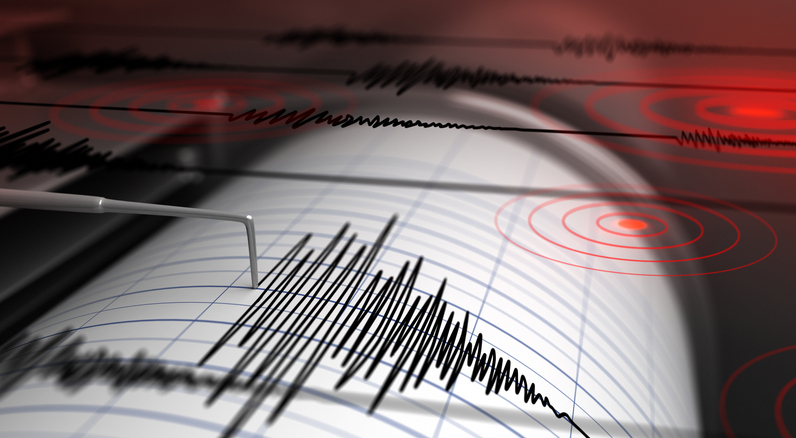
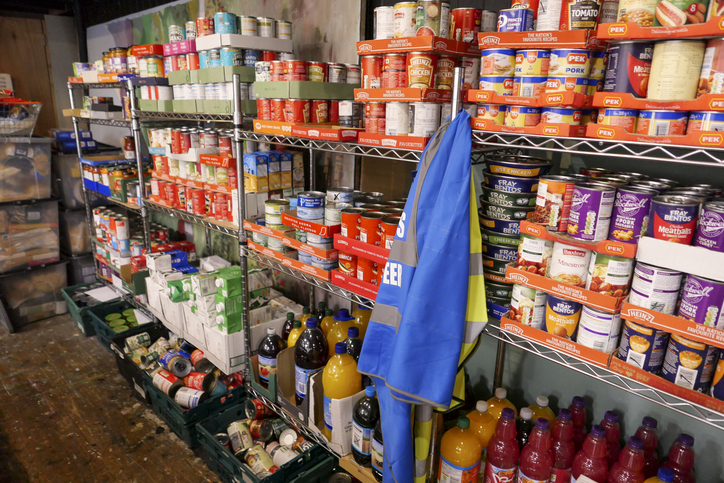


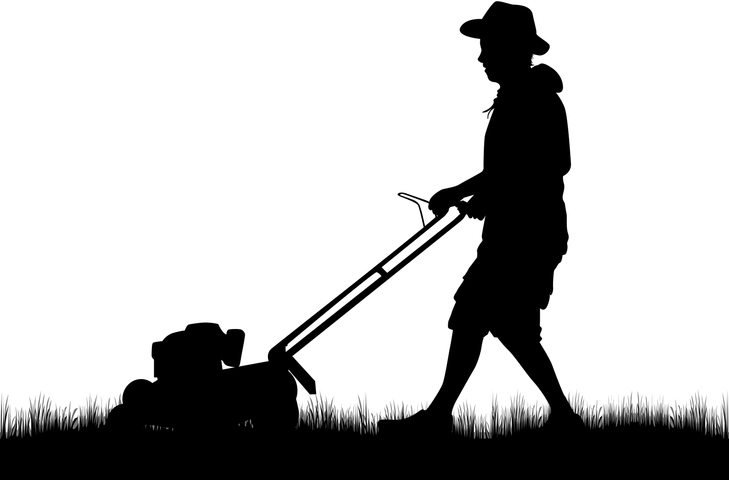

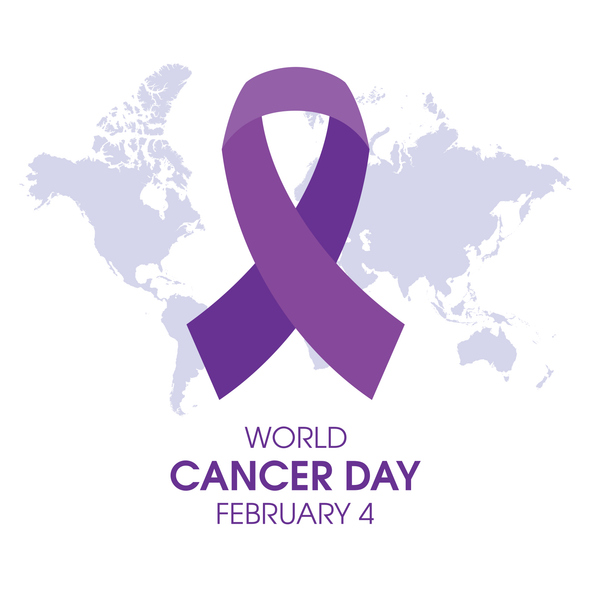
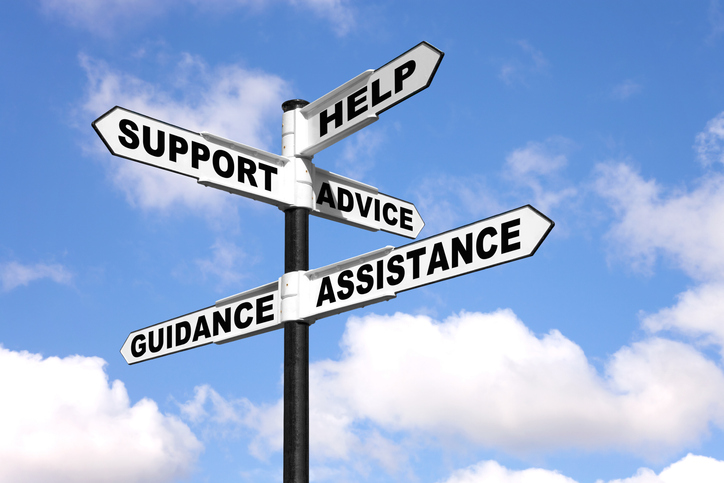

.jpg?sfvrsn=8073f1a5_0)
